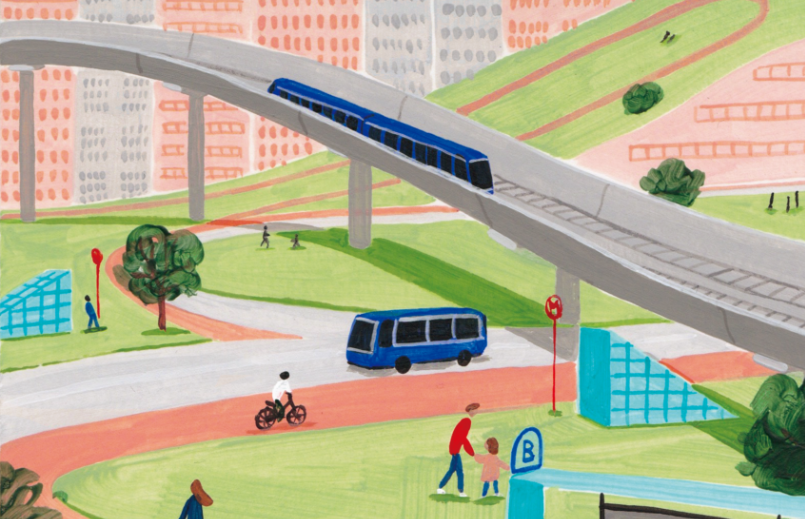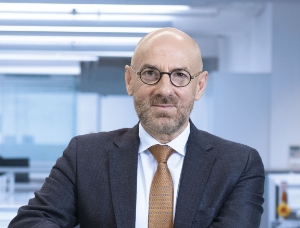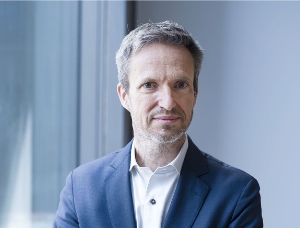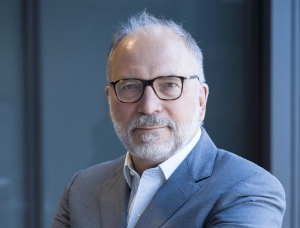
The health crisis brought a world normally in constant and rapid motion to a grinding halt, underscoring the importance of mobility at every level. As paths to recovery begin to emerge, we felt it was important to question our role and our impact, now and in the future, and to include insights from people outside the company.
PERSPECTIVES ON MOBILITIES

BASED ON AN INTERVIEW WITH Barbara Z. Larson
Executive Professor of Management, USA
MANAGEMENT IN CRISIS OR MANAGEMENT CRISIS?
Far from revolutionising our relationship with work and management in companies, the health crisis has put the issues of trust and autonomy and the importance of communicating common values back at the centre of organisations.
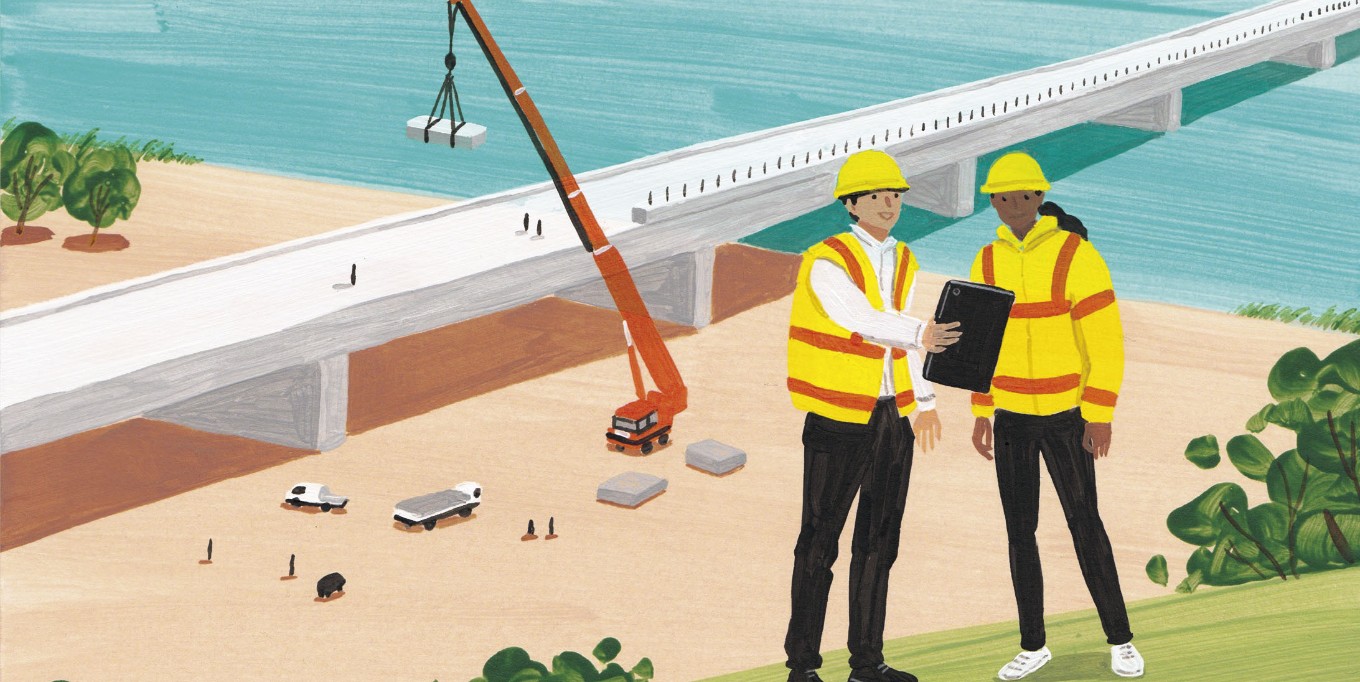

BASED ON AN INTERVIEW WITH Mohamed Mezghani
Secretary General of the International Association of Public Transport (UITP)
INDIVIDUALISING THE COLLECTIVE: THE FUTURE OF PUBLIC TRANSPORT?
Causing unprecedented disruption with far-reaching implications, the health crisis into which the world was plunged in 2020 has radically changed our relationship with public transport and mobility. From mistrust to trust and stigmatisation to innovation, we’re experiencing a paradigm shift.
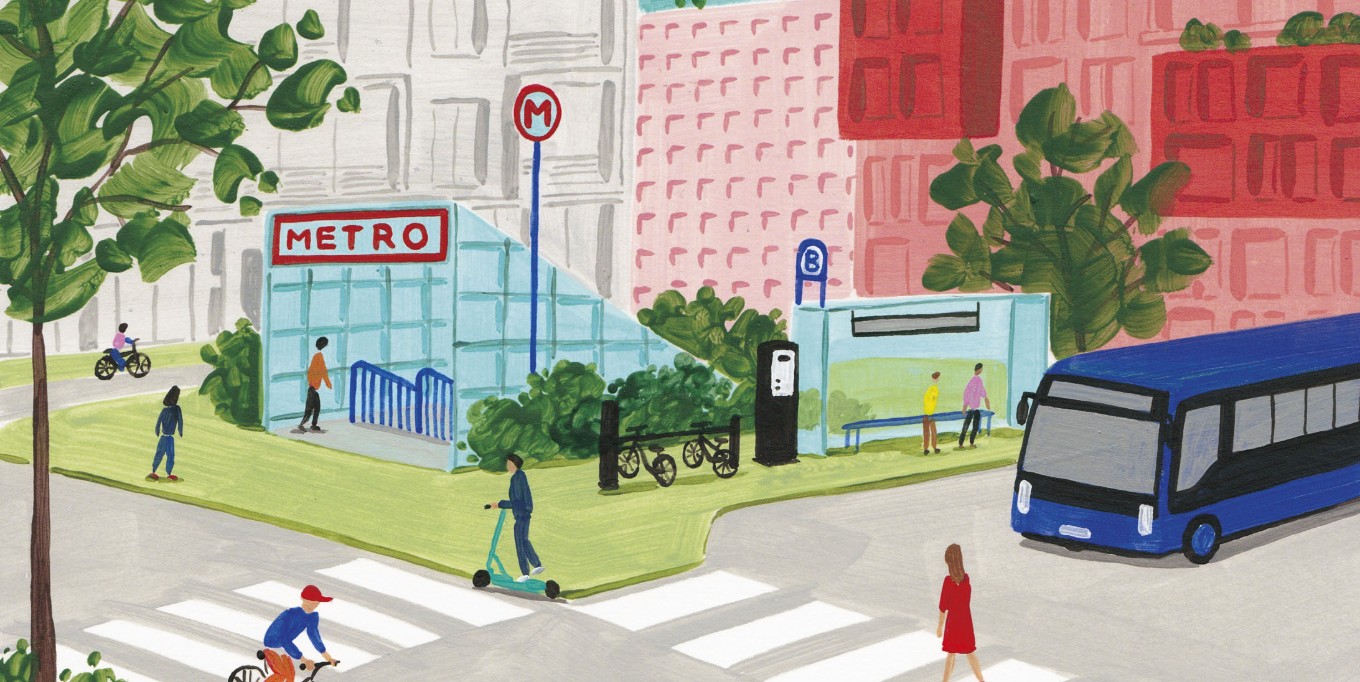

BASED ON AN INTERVIEW WITH Jean Viard
Mobility sociologist
RETHINKING THE CITY - HUB AS A TERRITORIAL DRIVING FORCE
The issue of peri-urban mobility and the role of the city has been a catalyst for change in our societies for many years. The health crisis has made us think twice about these issues. Has the deck really been reshuffled? Will the city remain the hub that meets our mobility needs?


BASED ON AN INTERVIEW WITH Myles McCarthy
Deployment & e-mobility Director, The Carbon Trust
Has the sanitary crisis served the environmental cause?
Until the spring of 2020, humanity’s biggest challenge was the environmental crisis. Then Covid-19 monopolised our attention, conversations, and investment. But the climate mountain still needs to be climbed. Has one crisis pushed out the other? Or can the lessons learned from one be used to better understand the other?
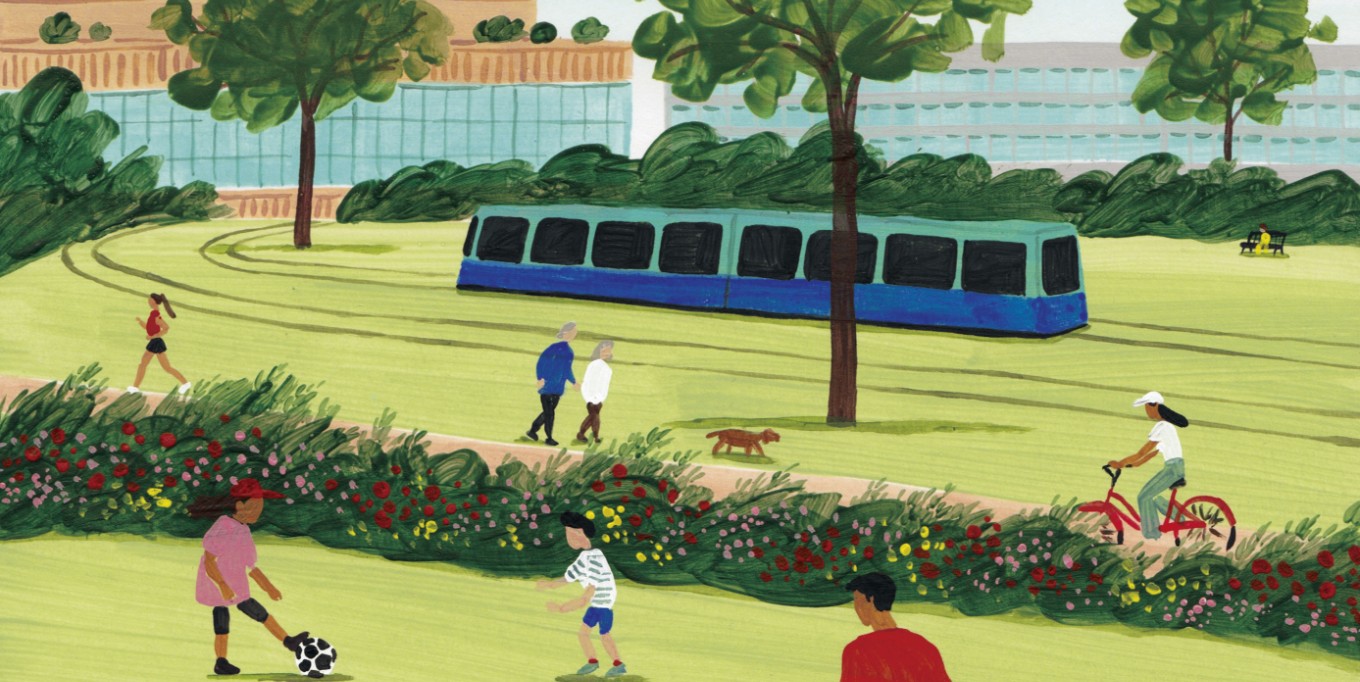
THE GROUP IN 2020

